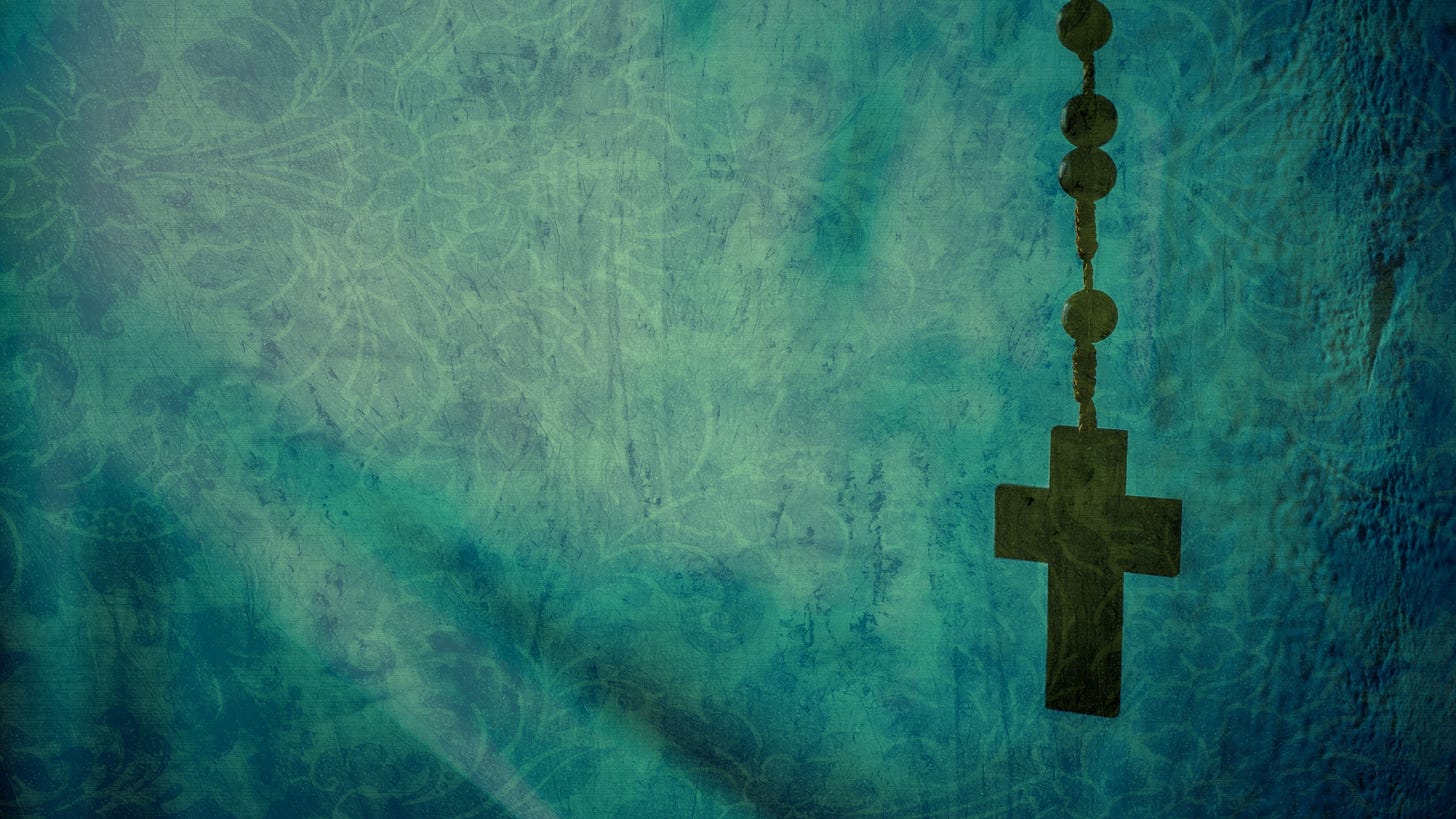The Whiskey Wakes
When the priest entered the house, the dead man was laid out on the bed with a lit pipe of tobacco in his mouth
So much whiskey was drunk at Irish funeral wakes in Victorian Manchester that even the Catholic priests tried to stop them from happening.
In the hard-living world of working class districts including Ancoats and Angel Meadow, death was ever present and the loss a wage-earning relative could send a whole family spiralling into the workhouse.
So it was no …




